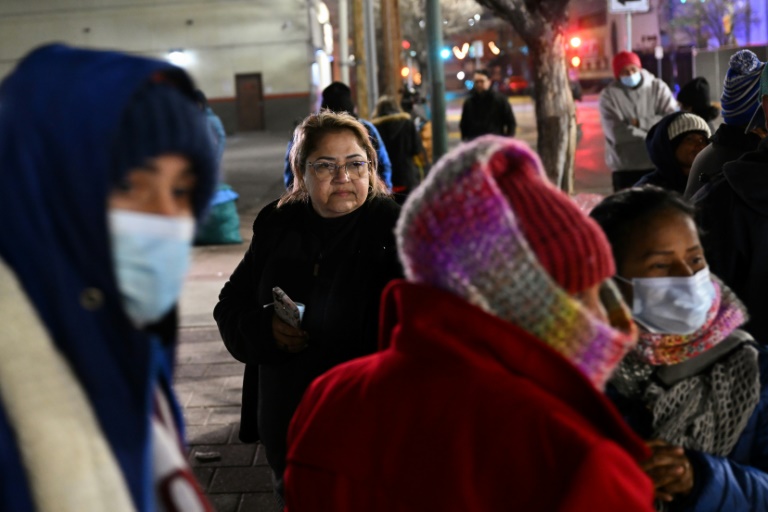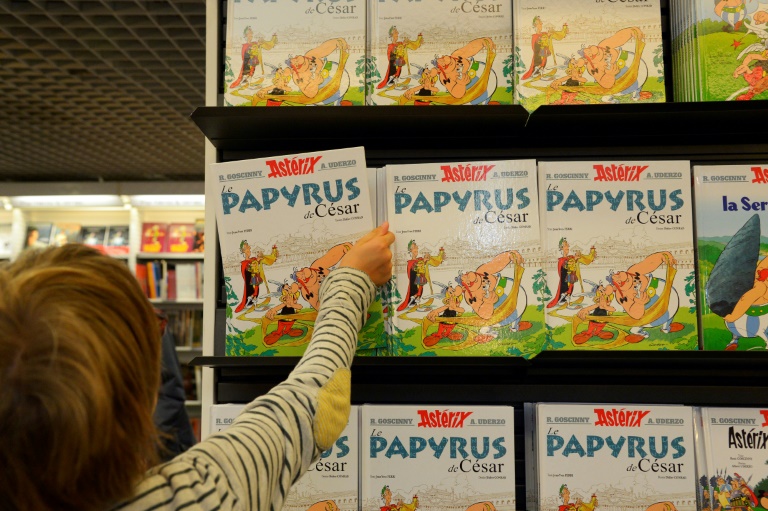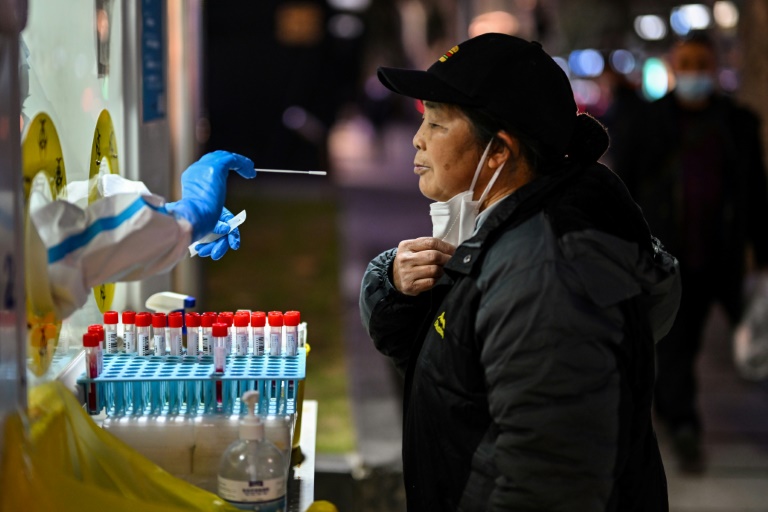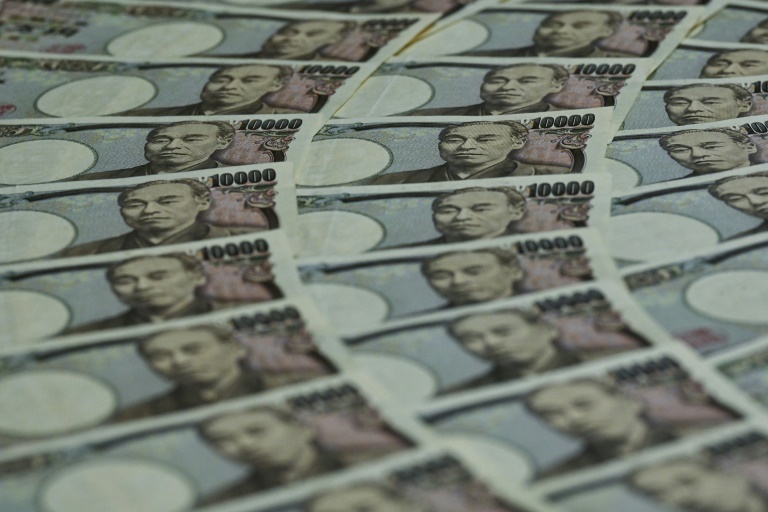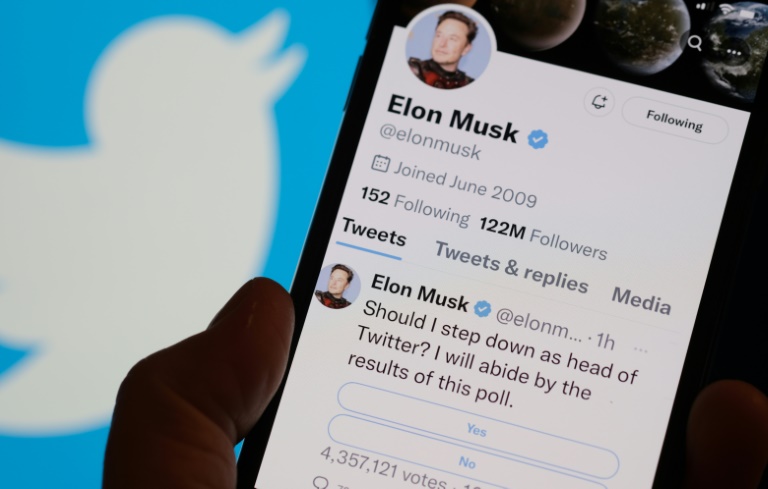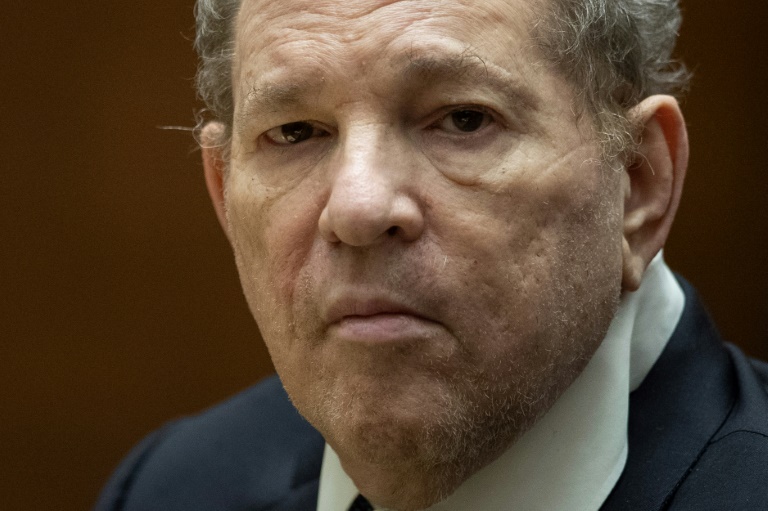Hong Kong exchange headed to worst IPO finish in a decade
Hong Kong’s stock exchange is on track for its weakest year since 2012 for new listings as the city reeled from the pandemic, rising interest rates and China’s economic uncertainty, according to data released Tuesday.
Hong Kong Exchanges and Clearing (HKEX) said this year it had 69 new listings raising HK$87.8 billion ($11.3 billion) as of November 30, down 74 percent from the year before.
The bourse said “renewed momentum” in the second half of the year accounted for nearly two-thirds of the IPOs, following a slump during the city’s worst-ever coronavirus outbreak.
“The macroeconomic and geopolitical backdrop led to weak sentiment and softness in the global IPO market,” the exchange said.
The latest figures were a steep drop from peak levels in 2020 when IPOs raised HK$400 billion, as Hong Kong benefited from the bonanza of Chinese mega-companies opting to list closer to home.
Before the pandemic Hong Kong’s bourse was often crowned as the top IPO venue in the world, drawing more than 100 new listings annually between 2013 and 2020.
HKEX shares have lost 28.3 percent since the start of the year while the city’s flagship Hang Seng Index is down 18 percent.
But both have seen a rebound in the past six weeks.
As China pivots towards reopening, bankers and analysts expect a slew of mid-sized Hong Kong deals in the first quarter will drive a recovery in listings.
“With the transition toward a reopening, we anticipate several delayed Chinese IPOs and follow-on transactions to occur in the near term,” Murli Maiya of JPMorgan Chase in Hong Kong told Bloomberg News.
Victoria Lloyd, a partner in Baker McKenzie’s Hong Kong office, said she expected the IPO pipeline to pick up after Chinese New Year.
“With China opening up, everyone is hoping that next year will be a better year — because there is a solid IPO pipeline, with a series of companies that have submitted applications for listings or are waiting to do so,” Lloyd told Bloomberg.
HKEX said Tuesday that it had bolstered its popular “Connect” franchise this year that links to bourses in Shanghai and Shenzhen, which will soon extend to interbank interest rate swap markets.
This year Hong Kong also saw the listing of four special purpose acquisition companies (SPACs) — investment vehicles sometimes called “blank cheque” companies.
HKEX started to allow SPAC listings this year, subject to a strict framework, in a bid to boost competitiveness following in the steps of regional rival Singapore.
But SPACs have largely fallen out of favour this year on Wall Street amid rising inflation, interest rate hikes and a looming recession.


